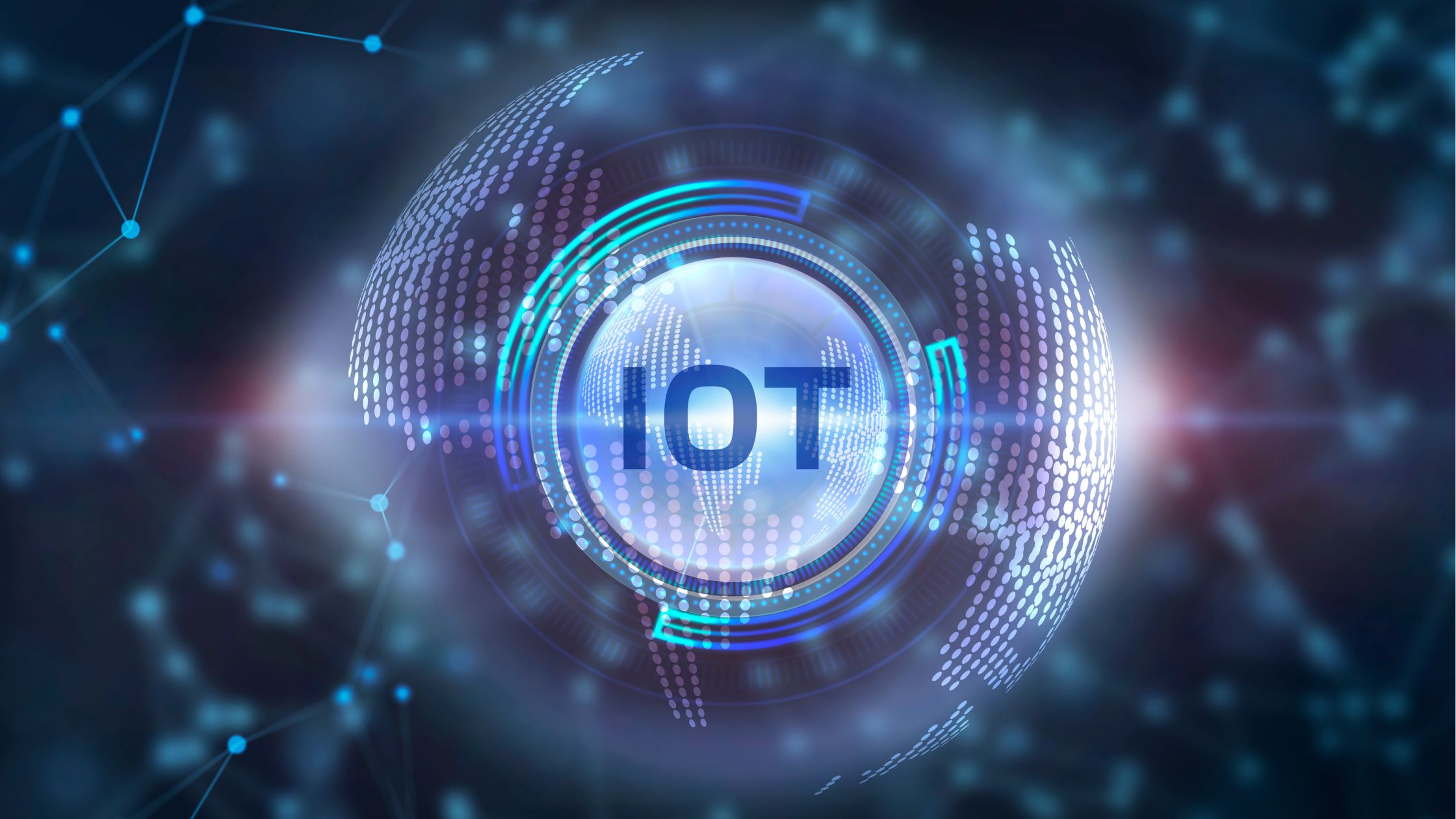The Internet of Things (IoT) has emerged as a transformative force, connecting devices and enabling data-driven decision-making across industries. One key aspect that has accelerated the adoption of IoT is the availability of cloud-based applications. These applications provide businesses with the ability to harness the power of IoT devices and the data they generate, offering industry-specific solutions and unlocking new opportunities. In this article, we will explore the impact of industry-specific cloud-based IoT apps and how they are revolutionizing businesses across various sectors.
Healthcare Sector:
In the healthcare industry, cloud-based IoT apps are enhancing patient care, improving operational efficiency, and enabling remote monitoring. Connected medical devices, such as wearable health trackers and remote patient monitoring systems, can transmit real-time data to the cloud. Healthcare professionals can then access this data through specialized applications, enabling them to make timely decisions, track patient progress, and provide personalized treatment plans. Cloud-based IoT apps also facilitate the seamless integration of healthcare data, allowing for improved analytics, predictive models, and research collaborations.
Manufacturing and Industrial Sector:
Cloud-based IoT apps have revolutionized manufacturing and industrial operations by providing real-time visibility, automation, and predictive maintenance capabilities. These apps enable remote monitoring of machinery, collecting data on performance, energy consumption, and maintenance needs. By analyzing this data, businesses can optimize operations, reduce downtime, and increase productivity. Additionally, developing cloud-based IoT apps facilitate the integration of supply chain data, enabling seamless communication between manufacturers, suppliers, and distributors.
Agriculture Sector:
The agriculture industry is benefiting from cloud-based IoT apps, which are enhancing farm management, crop yield, and resource utilization. Connected sensors placed in fields collect data on soil moisture, temperature, and nutrient levels, which is then transmitted to the cloud. Farmers can access this data through specialized applications to make informed decisions about irrigation, fertilizer application, and pest control. By leveraging real-time data and analytics, farmers can optimize crop yield, reduce water and chemical usage, and ensure sustainable practices.
Energy and Utilities Sector:
Cloud-based IoT apps are transforming the energy and utilities sector by enabling smart grids, energy management, and efficient resource allocation. These apps integrate with smart meters, sensors, and control systems to collect data on energy consumption patterns, grid performance, and equipment health. By analyzing this data, utility providers can optimize energy distribution, detect faults, and proactively address potential issues. Cloud-based IoT apps also empower consumers to monitor and manage their energy usage, leading to increased energy efficiency and cost savings.
Retail and Consumer Sector:
In the retail and consumer sector, cloud-based IoT apps are revolutionizing inventory management, personalized marketing, and customer experiences. Connected devices, such as RFID tags and smart shelves, provide real-time visibility into inventory levels and product movement. This data is then fed into cloud-based applications that automate inventory replenishment, optimize stock allocation, and provide insights into consumer behavior. Additionally, cloud-based IoT apps enable personalized marketing campaigns and interactive customer experiences, creating a more engaging and tailored shopping environment.
Conclusion:
Industry-specific cloud-based IoT apps have emerged as game-changers, offering businesses in various sectors the ability to harness the power of IoT devices and the cloud. These apps provide real-time data insights, automation capabilities, and seamless integration, enabling businesses to make data-driven decisions, optimize operations, and deliver enhanced products and services. As businesses continue to embrace digital transformation, the adoption of industry-specific cloud-based IoT apps will remain a key driver in unlocking new opportunities and revolutionizing industries across the board.

